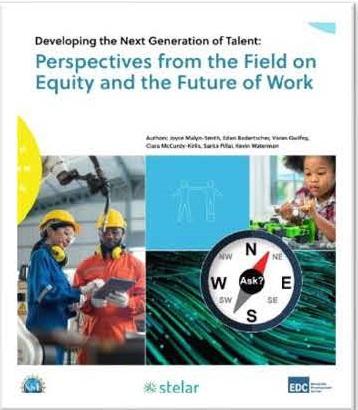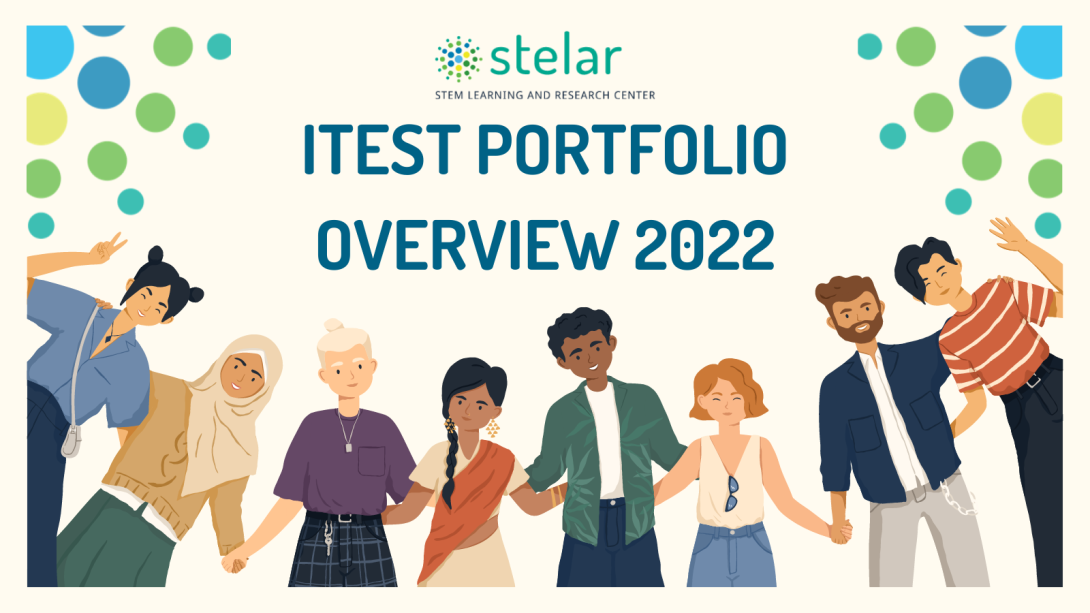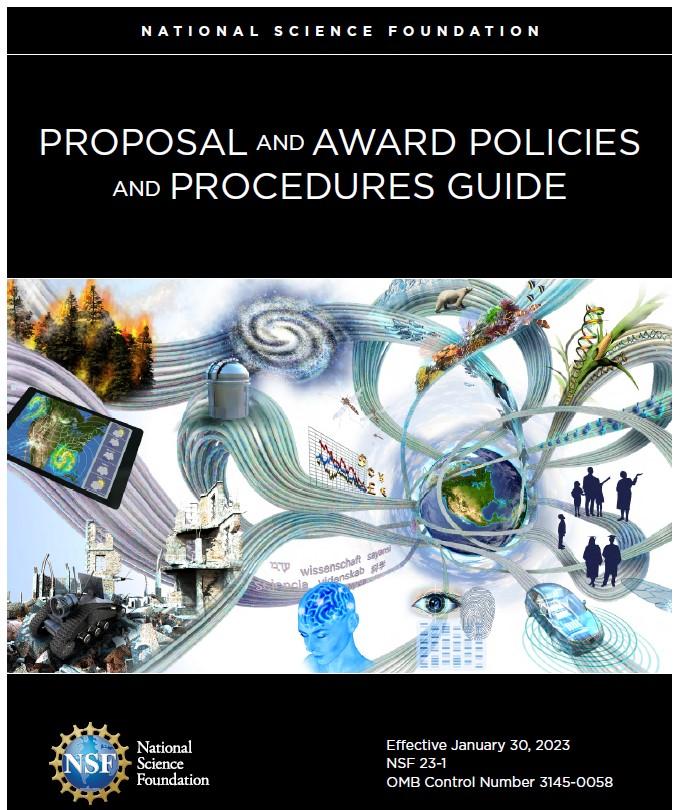Resources included in these libraries were submitted by ITEST projects or STELAR and are relevant to the work of the NSF ITEST Program. PDFs and/or URLs to the original resource are included in the resource description whenever possible. In some cases, full text publications are located behind publishers’ paywalls and a fee or membership to the third party site may be required for access. Permission for use must be requested through the publisher or author listed in each entry.
Gender stereotypes about interests start early and cause gender disparities in computer science and engineering
PublicationSocietal stereotypes depict girls as less interested than boys in computer science and engineering. We demonstrate the existence of these stereotypes among children and adolescents from first to 12th grade and their potential negative consequences for girls’ sub- sequent participation in these fields. Studies 1 and 2 (n = 2,277; one preregistered) reveal that children as young as age six (first grade) and adolescents across multiple racial/ethnic and gender intersec- tions (Black, Latinx, Asian, and White girls and boys) endorse ster- eotypes that girls are less interested than boys in
Creating a Constructivist Learning Environment to Enhance Secondary Female Students’ Engagement in STEM Activities
PublicationFemale students participate in STEM activities at a low rate compared to males. Educational researchers have called for studies which examine the factors that influence STEM participation. The purpose of this study is to examine how a unique learning structure built on the principals of constructive learning environments might impact students’ sense of belonging and encourage them to participate in more STEM activities. For this qualitative study, interviews were conducted with 12 mentor and 17 student participants. Preliminary findings indicated that a constructive learning environment
Developing the Next Generation of Talent: Perspectives from the Field on Equity and the Future of Work
Publication
This informative report extends prior reports on the Future of Work to address issues of diversity, equity, and inclusion in light of recent historical events.A key outcome of the report was the development of a new tool that educators, policy makers, innovators, and beyond can use to understand the structures in place that prevent change towards a more equitable and diverse society. The tool helps facilitate discussions that provides equal focus on both the systems that frame the problem and the people directly affected by them. If used with an open mind to the endless possibilities to invoke
Universal design of a Tier 2 fraction video game
PublicationPaper presented at the 42nd annual meeting of the North American Chapter of the International Society of the Psychology of Mathematics Education (PME-NA), Philidelphia, PAThe 2017 National Assessment of Educational Progress highlights stagnant and declining performance in mathematics, foundational to STEM and ICT, in both 4th (17% proficient) and 8th (9% proficient) grades. At the same time, promoting diversity in the workforce is paramount for U.S. innovation in STEM and ICT fields. Individuals with disabilities are underutilized members of the STEM and ICT workforce. In this poster, we
ITEST Portfolio Overview 2022
Publication
This report provides an overview of the ITEST portfolio's current projects. The information included was curated with new ITEST proposal writers in mind so that you can become more familiar with the program and current project trends. We used several data sources to compile this information; NSF's Award Search database, and project survey data collected by STELAR (the New Project Survey and Annual ITEST Survey).
STELAR Research & Evaluation Webinar: How and When to Engage an Evaluator & Role of the Evaluator on NSF ITEST Grants
VideoDr. Melissa K. Demetrikopoulos of the Program development and Evaluation Institute for Biomedical Policy shares her presentation "How and When to Engage an Evaluator" followed by Dr. Karen Gareis of Goodman Research Group on "Role of the Evaluator on NSF ITEST Grants."
Designing Evaluations 2012 Revision
PublicationUnited States Government Accountability Office Applied Research and Methods DESIGNING EVALUATIONS 2012 Revision Preface GAO assists congressional decision makers in their deliberations by furnishing them with analytical information on issues and options. Many diverse methodologies are needed to develop sound and timely answers to the questions the Congress asks. To provide GAO evaluators with basic information about the more commonly used methodologies, GAO’s policy guidance includes documents such as methodology transfer papers and technical guides. This methodology transfer paper addresses
NSF Proposal & Award Policies & Procedures Guide (PAPPG)
Publication
The NSF Proposal & Award Policies & Procedures Guide (PAPPG) is comprised of documents relating to the Foundation's proposal and award process for the assistance programs of NSF. This version (NSF 23-1) is effective for proposals submitted, or due, on or after January 30, 2023.
NSF: 2022 ITEST Solicitation Webinar - How to Write a Competitive Proposal
VideoOn May 16, STELAR hosted National Science Foundation Program Officers for part two of a three part webinar series on the new Innovative Technology Experiences for Students and Teachers (ITEST) Program’s Solicitation.